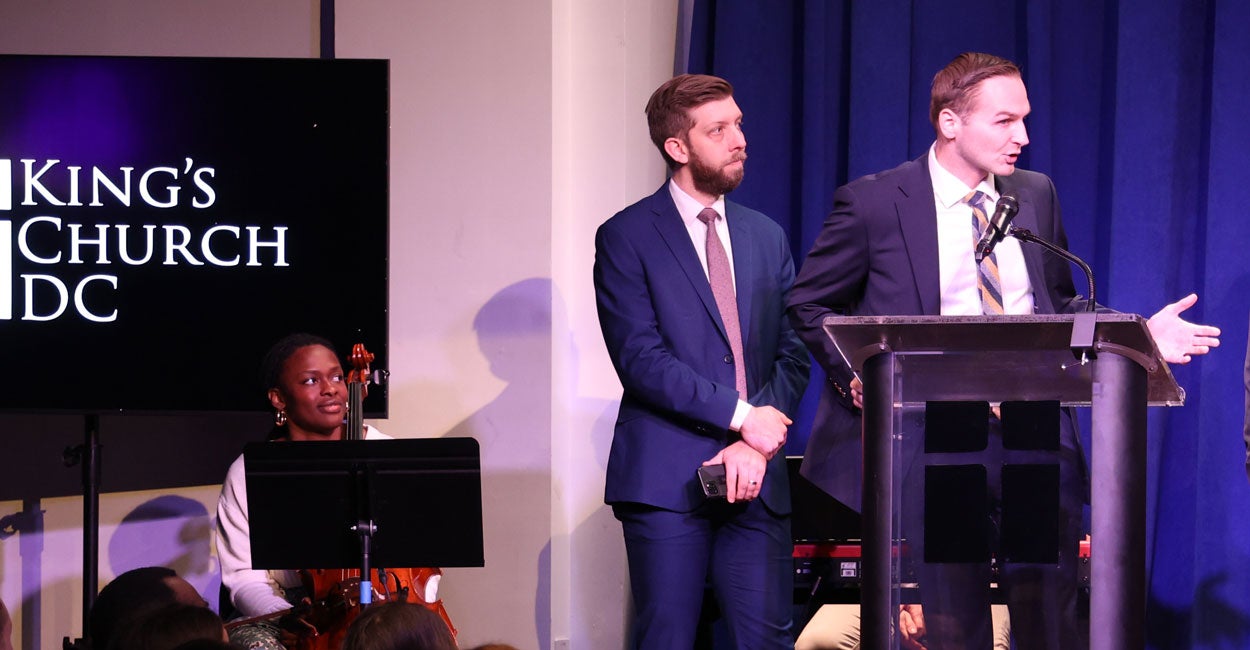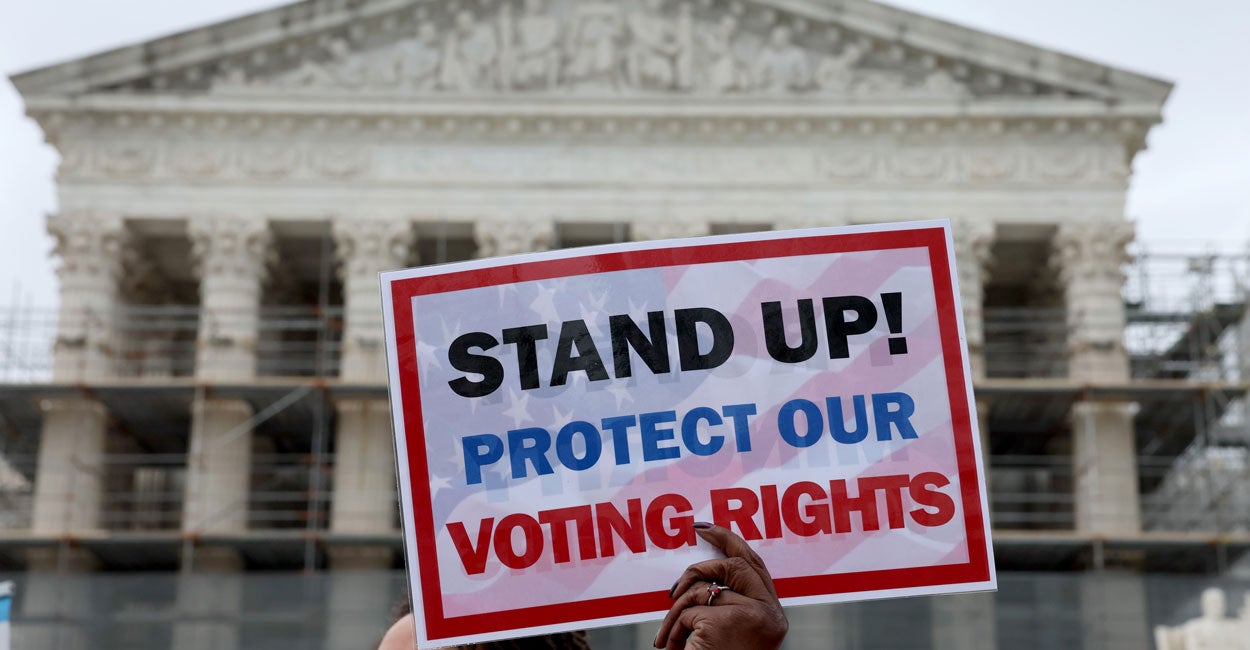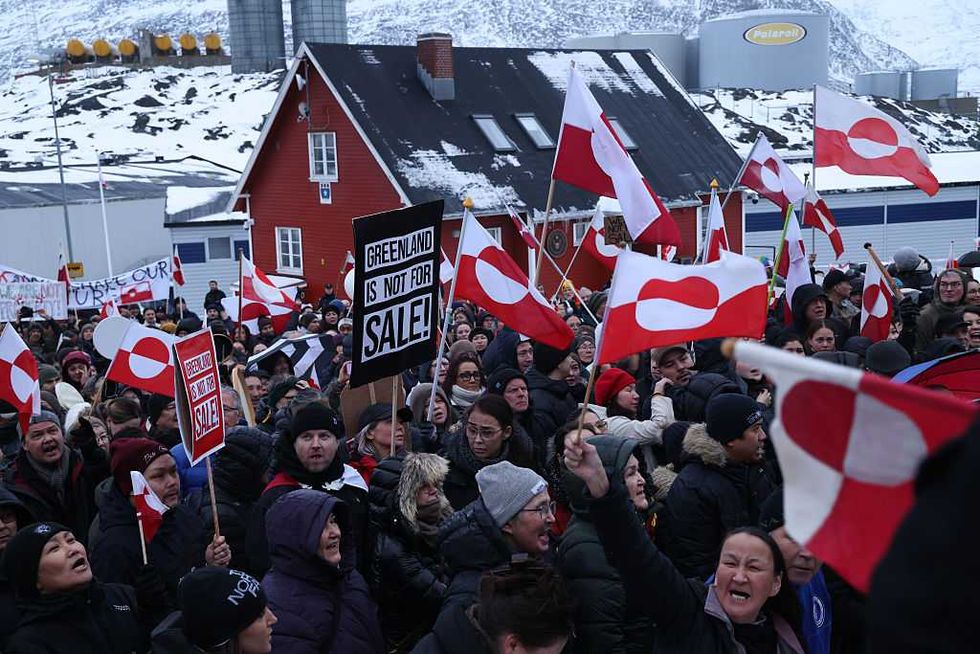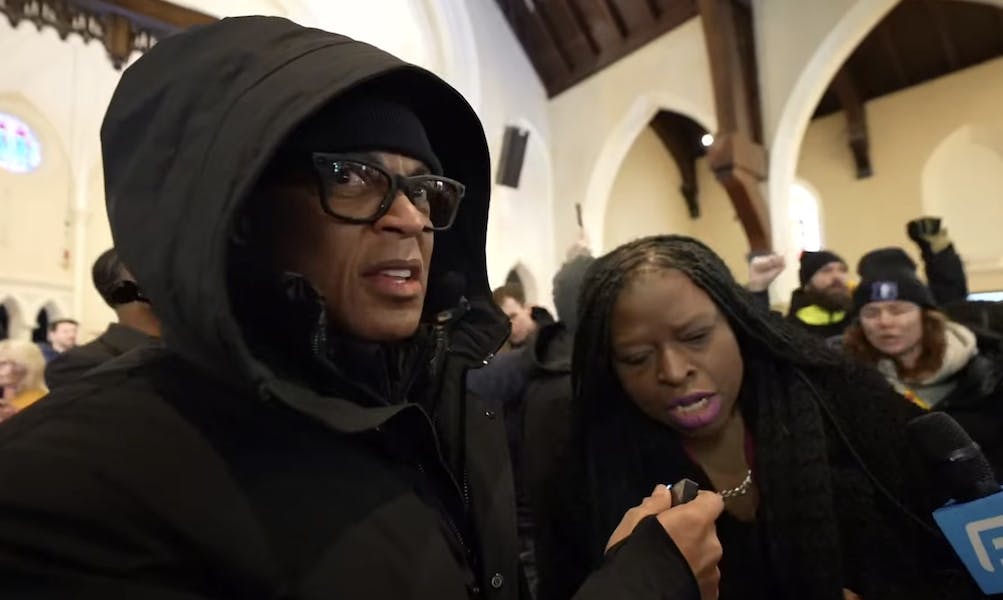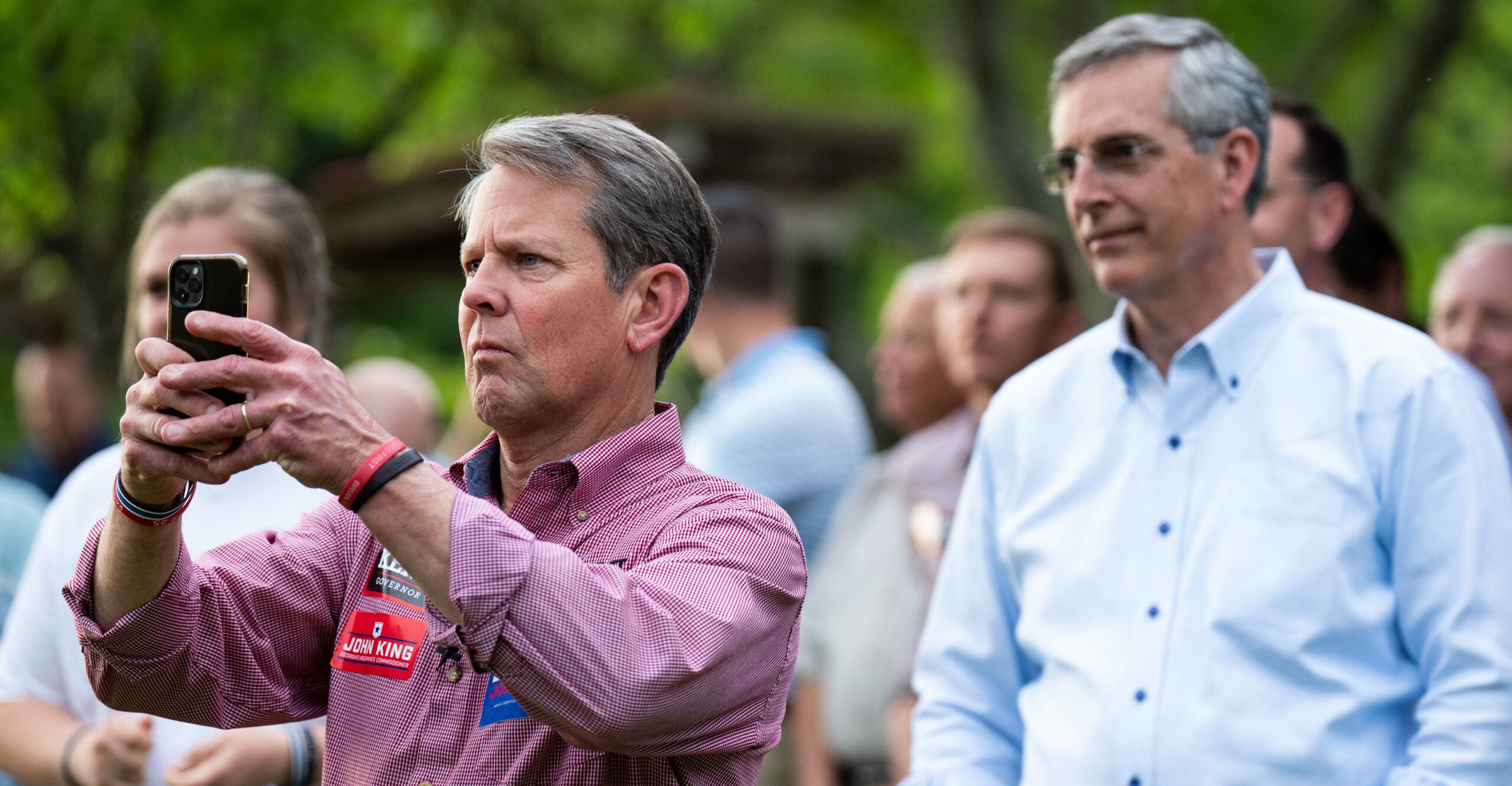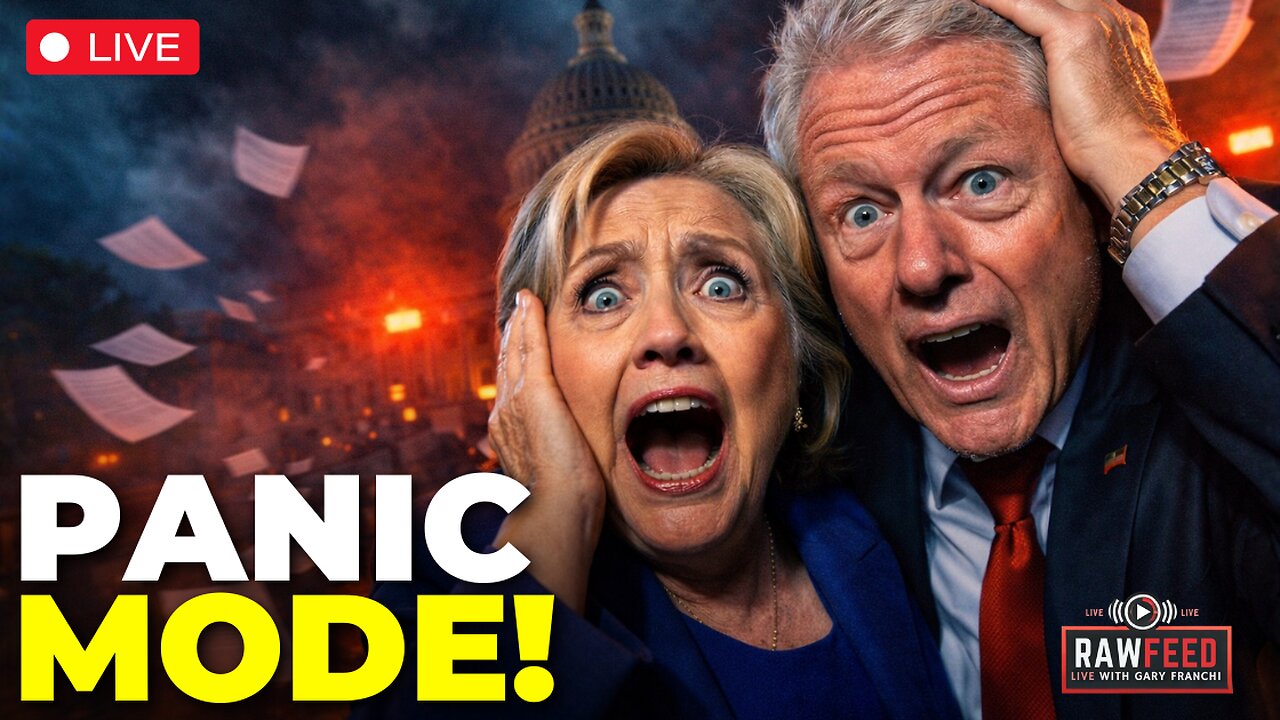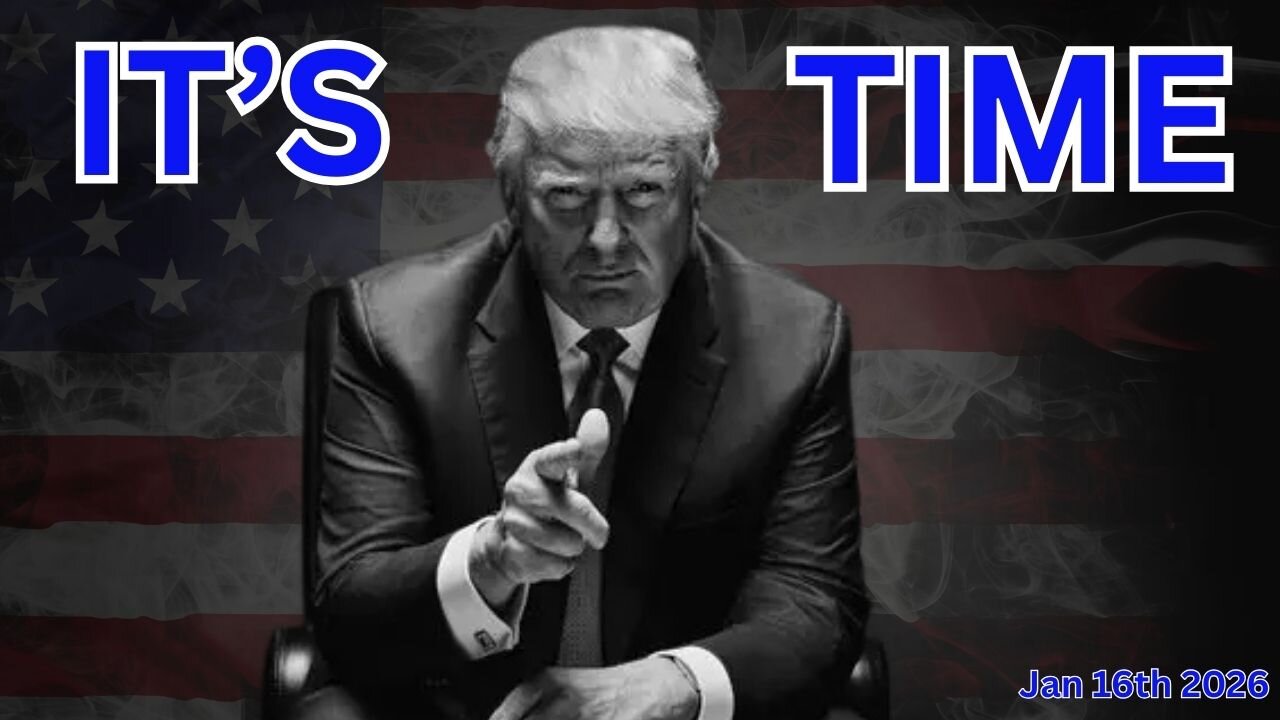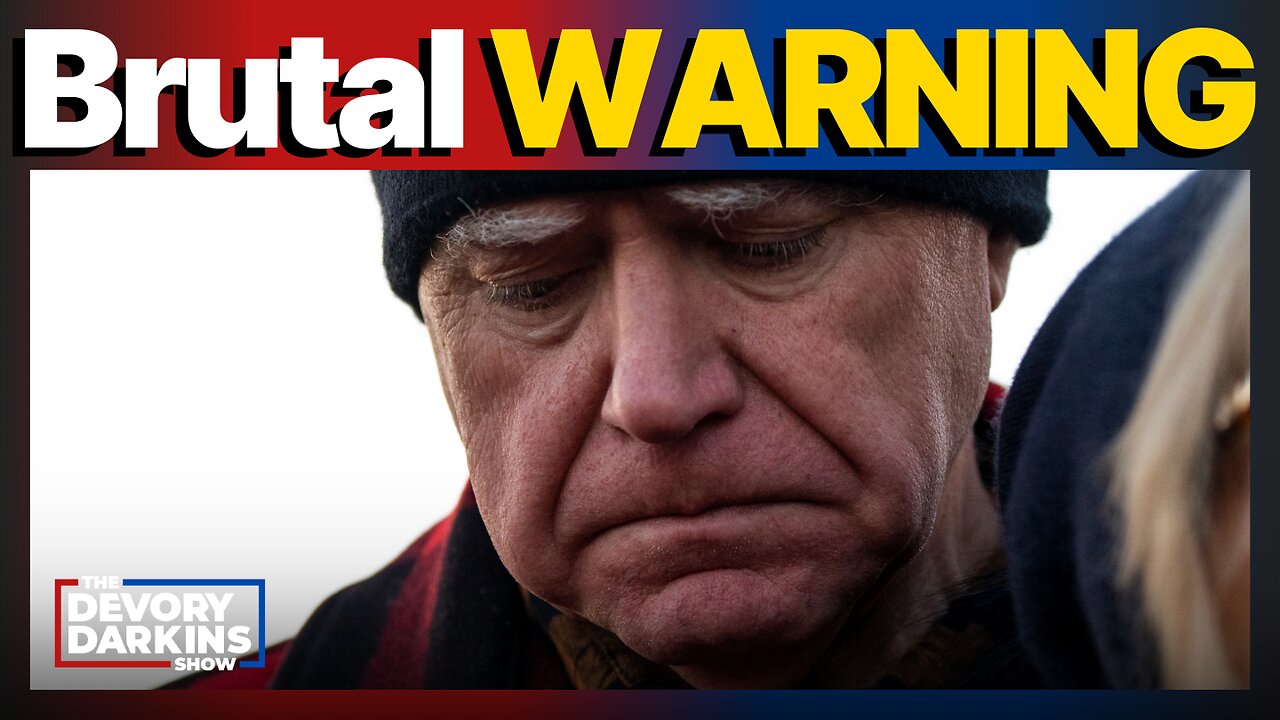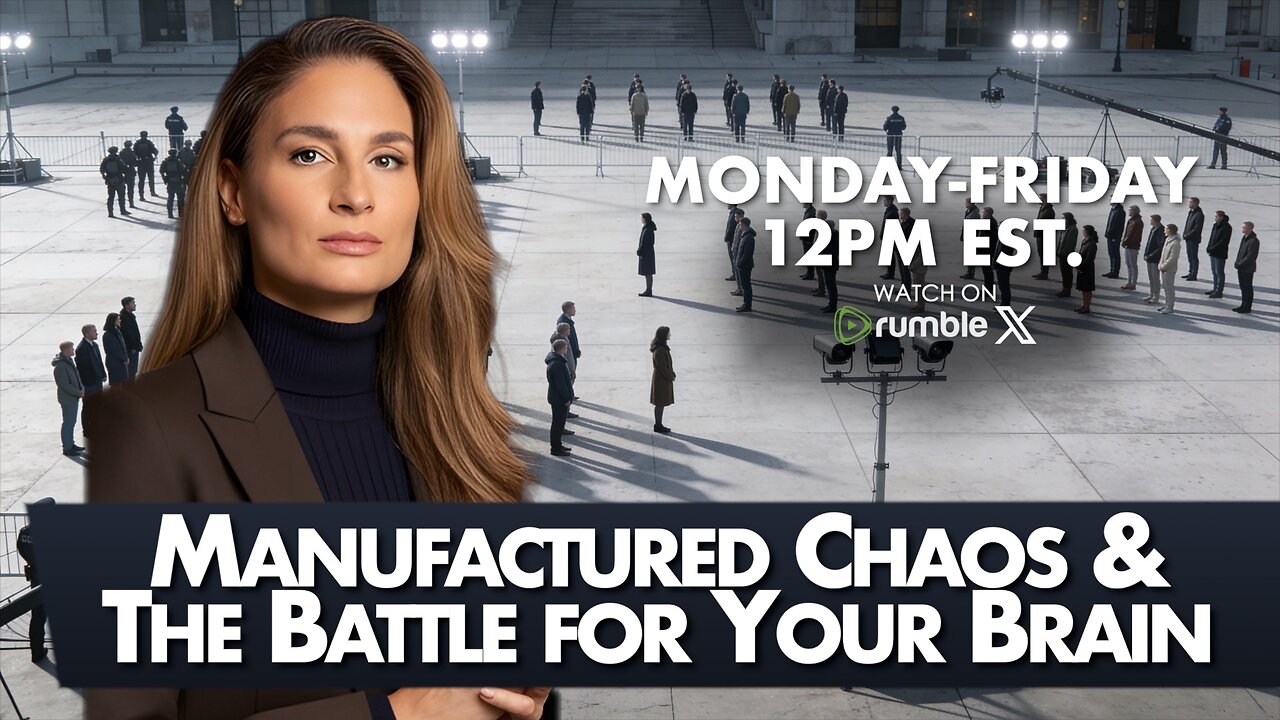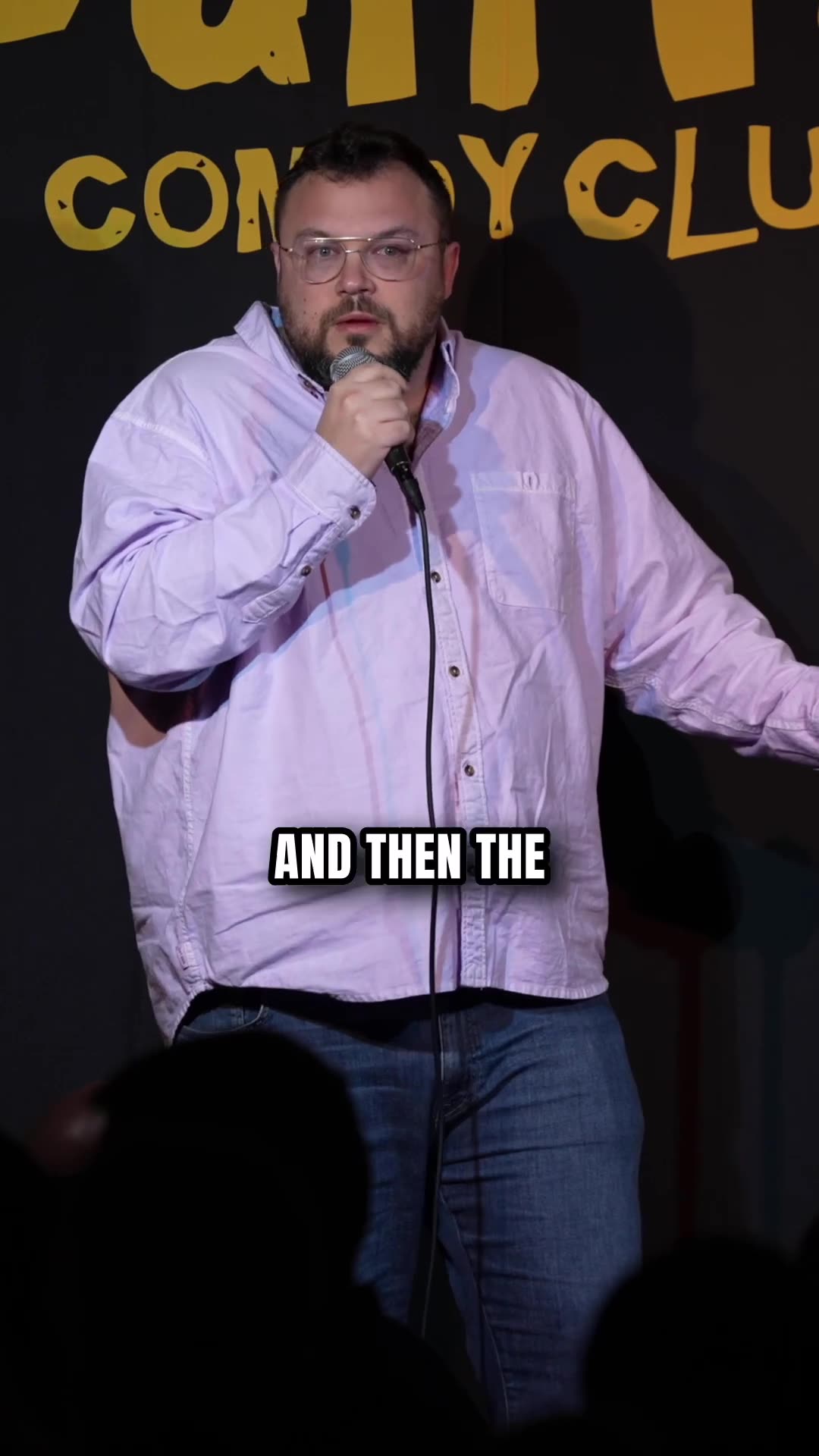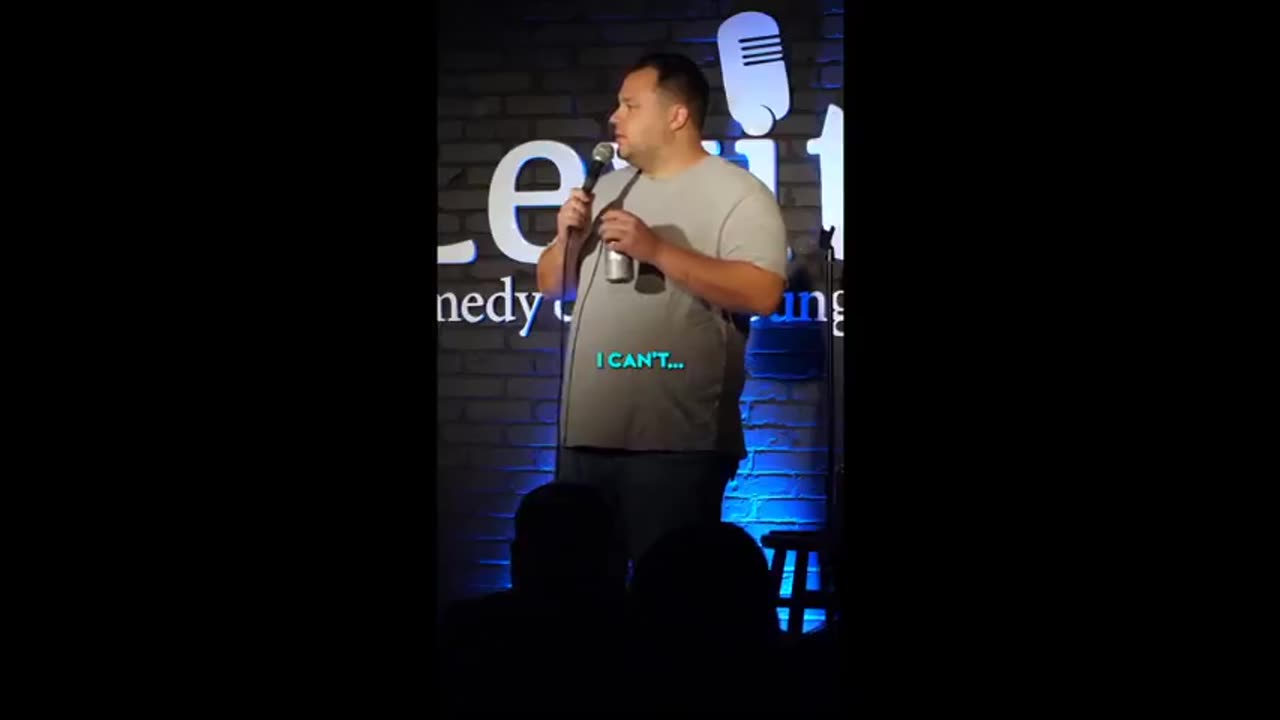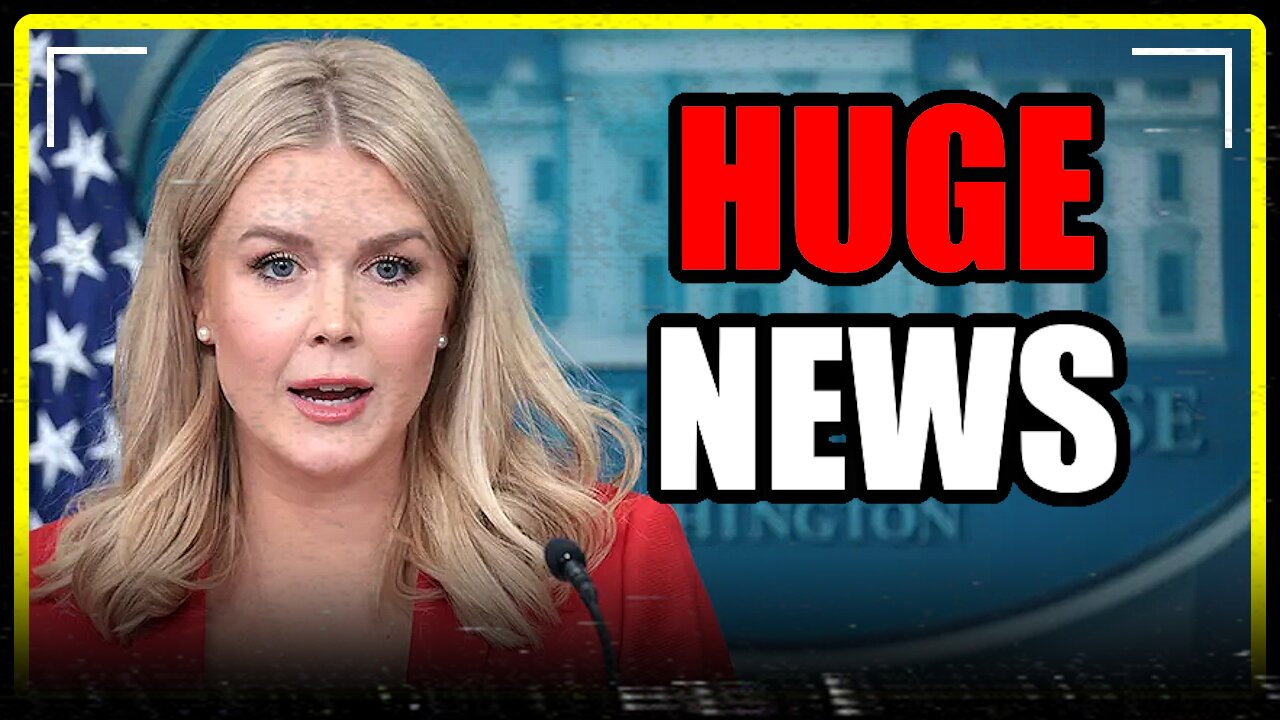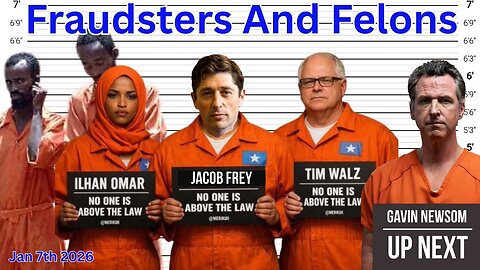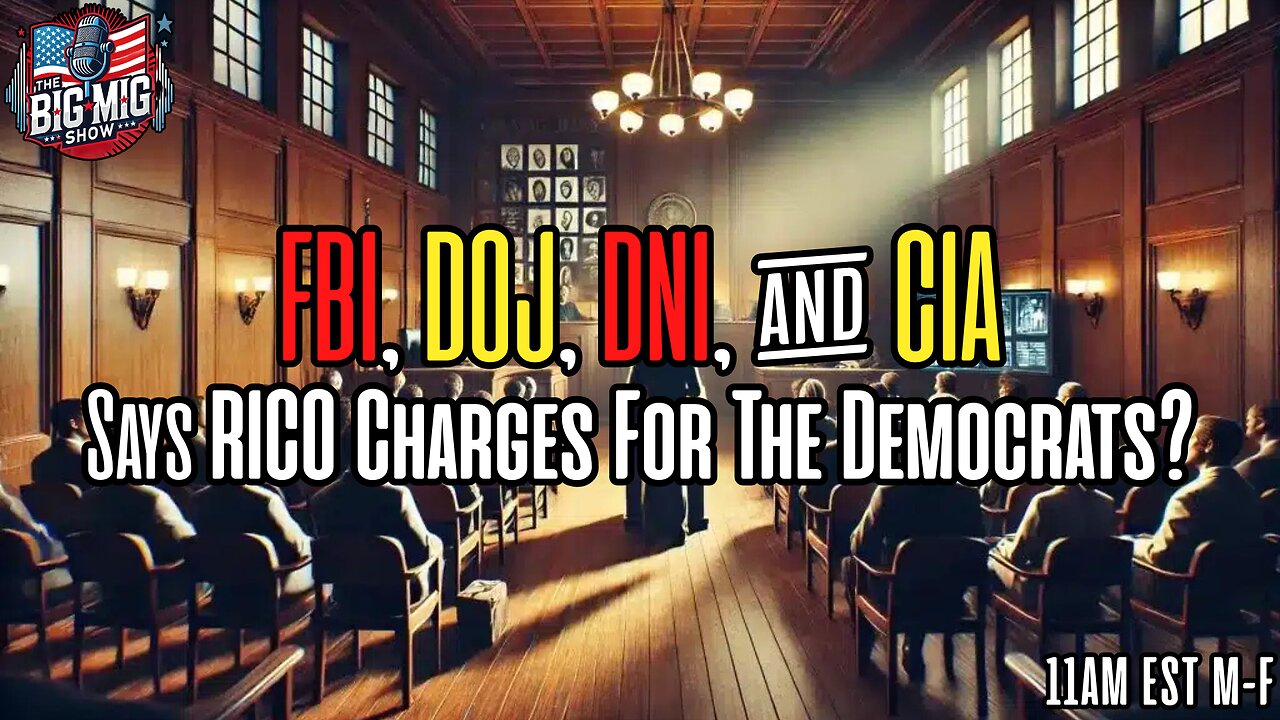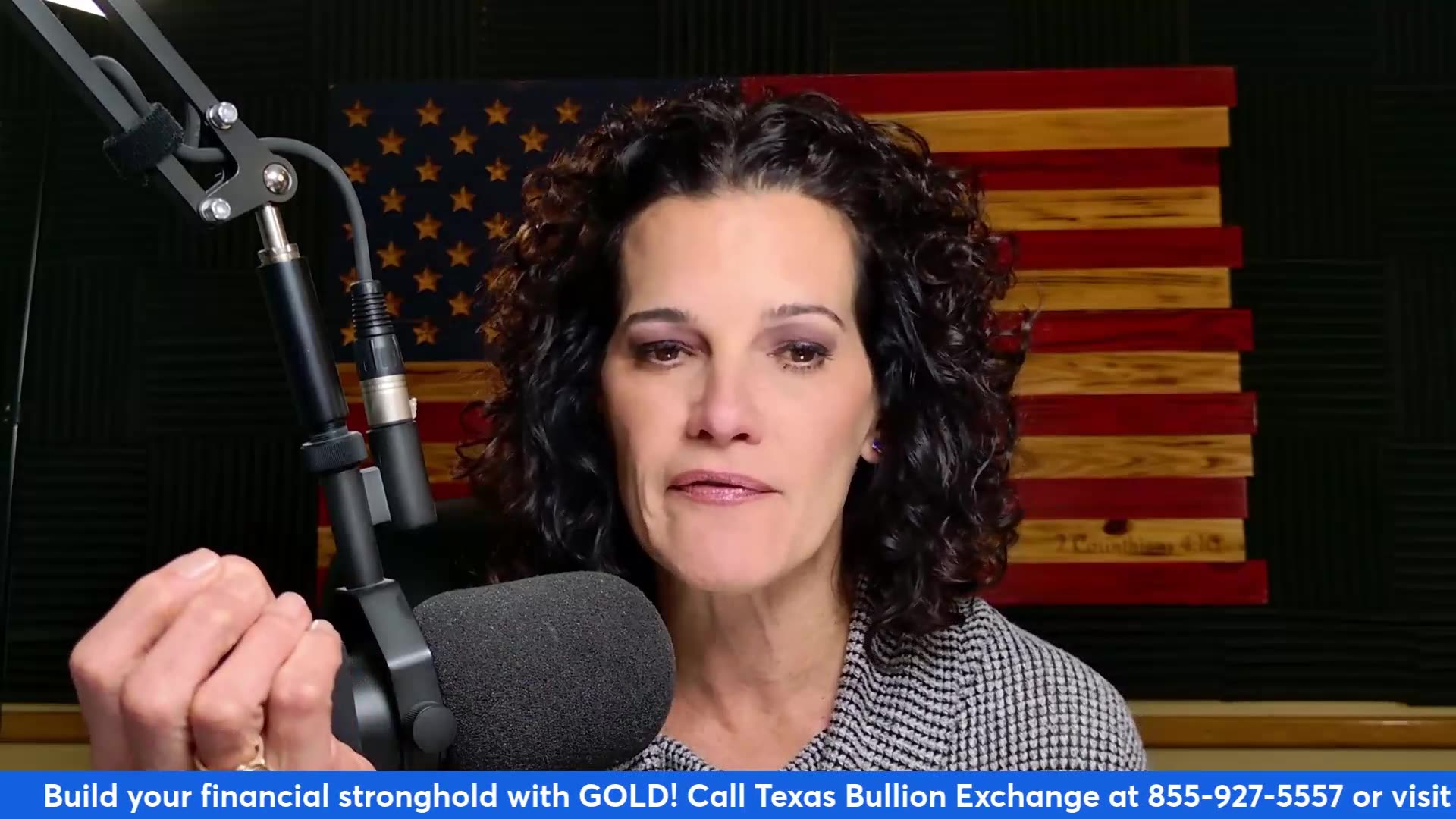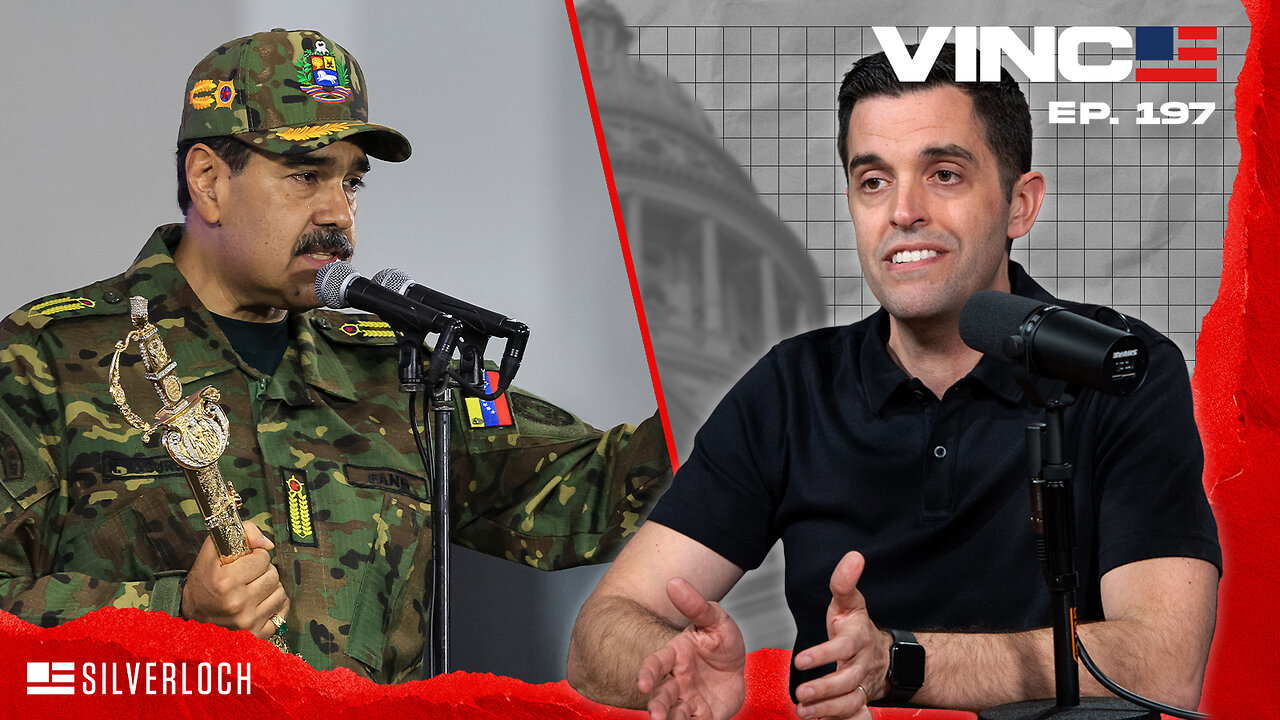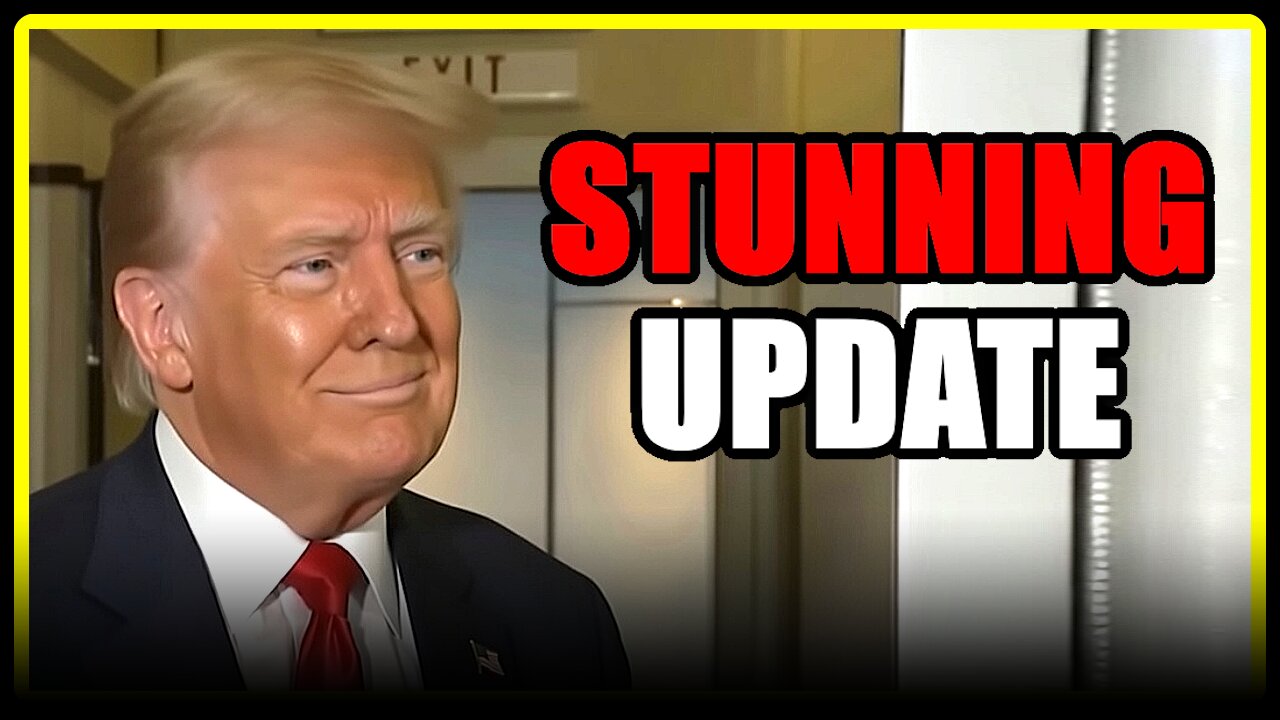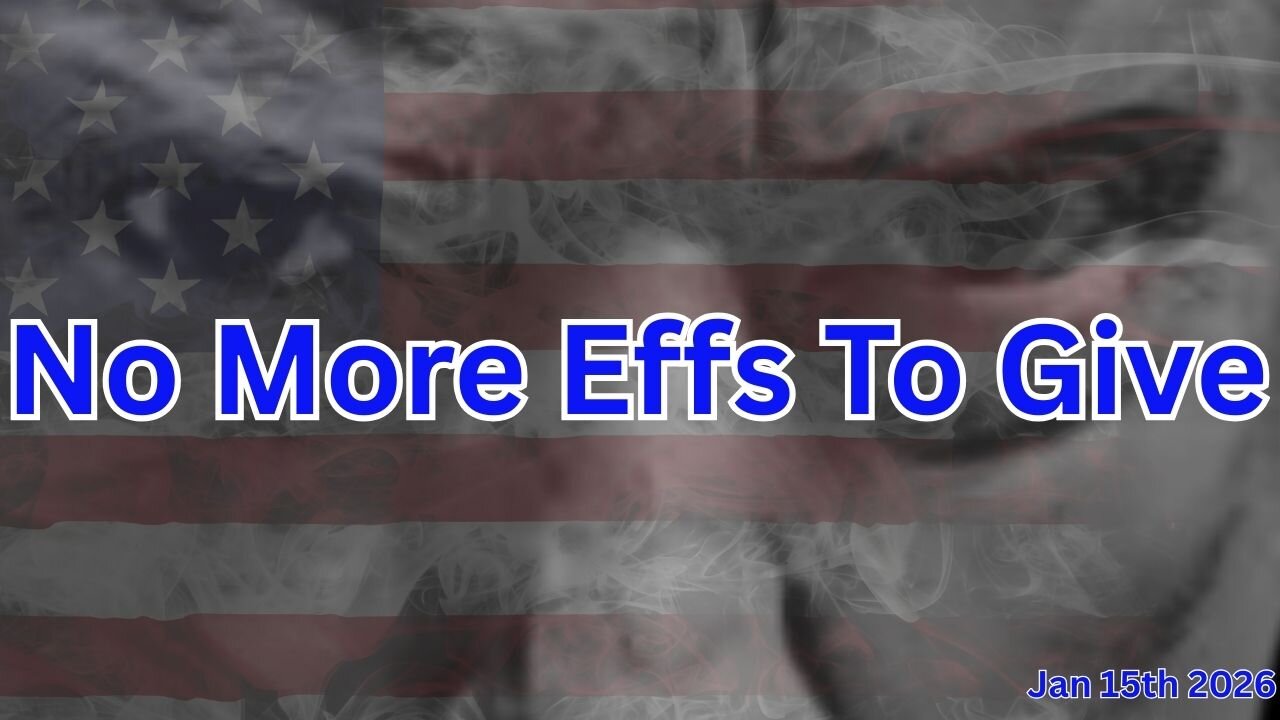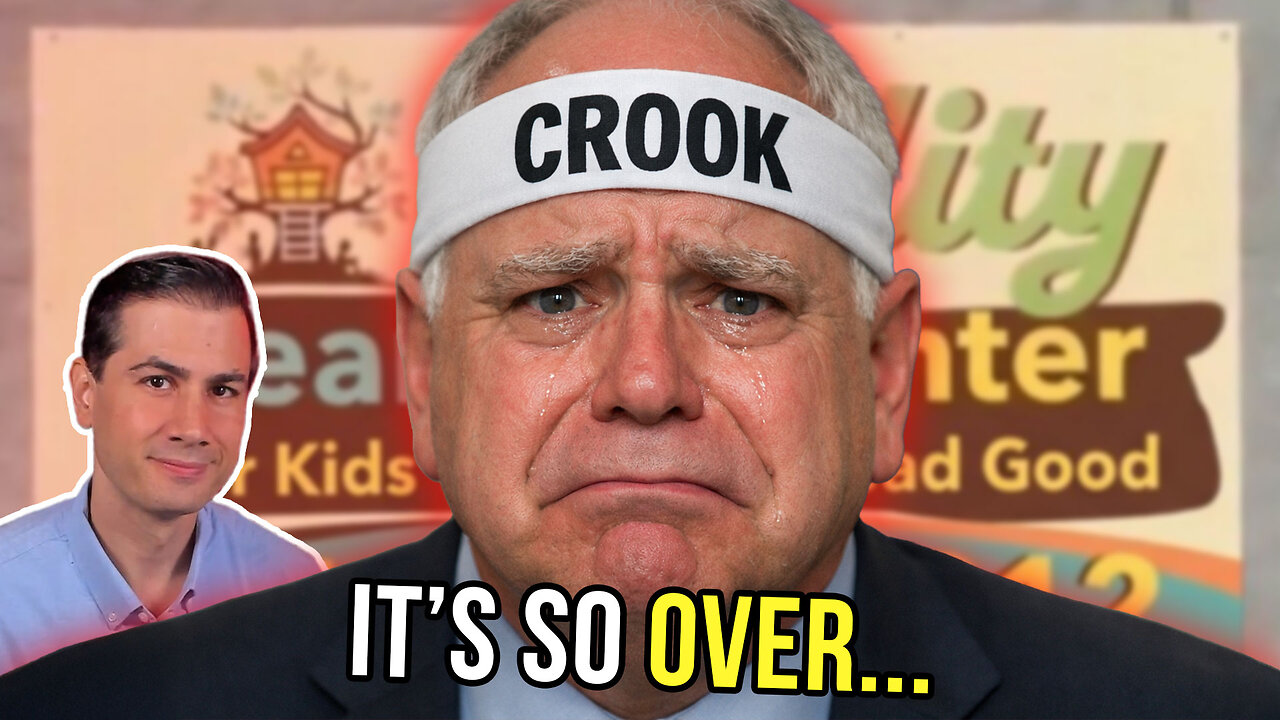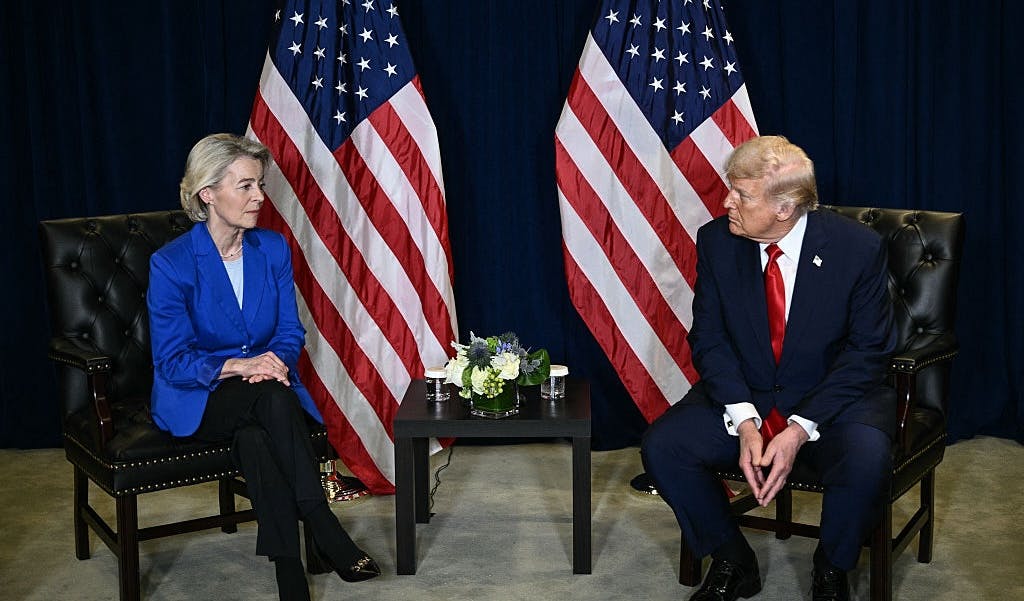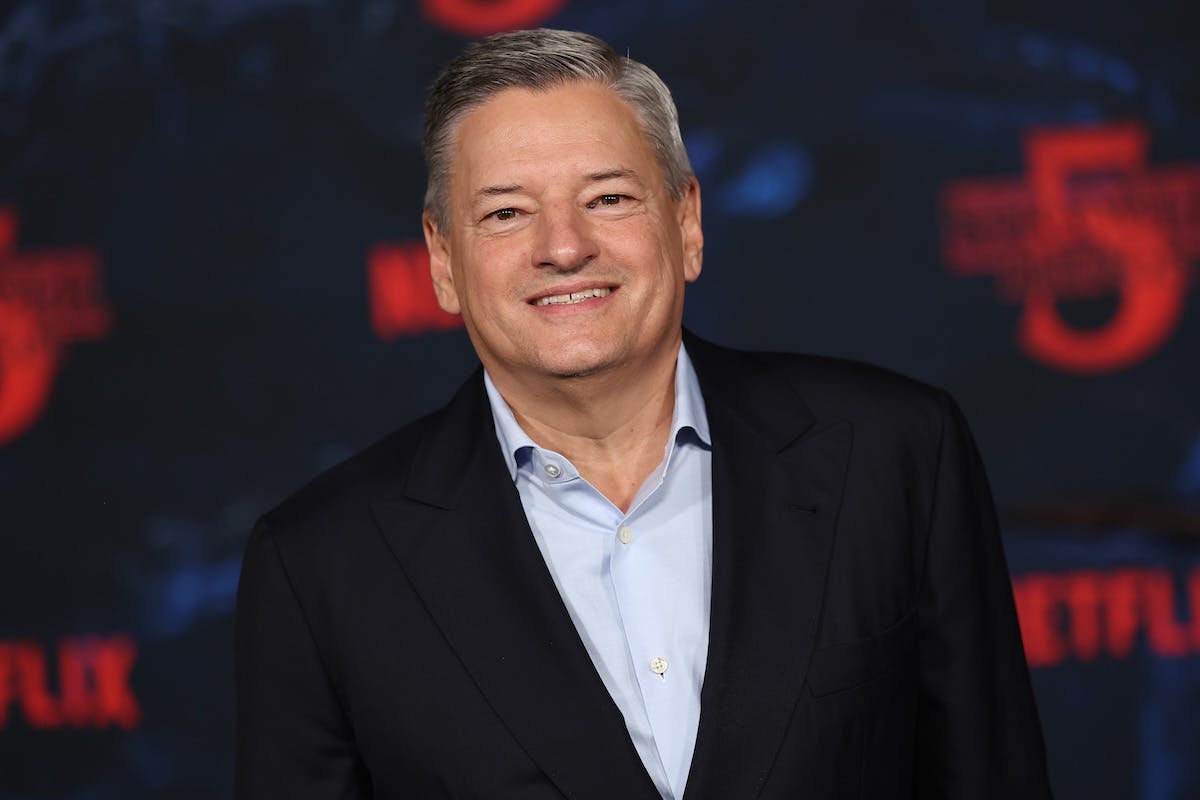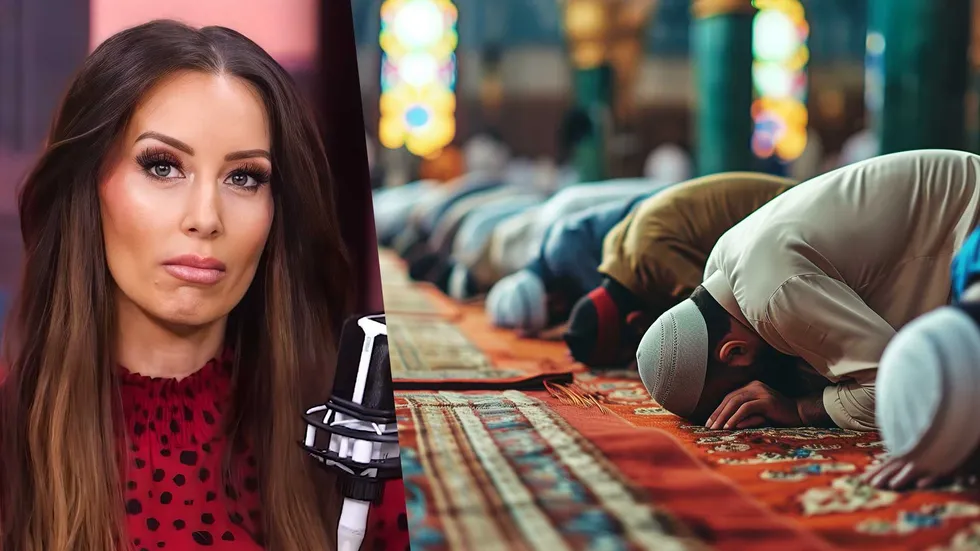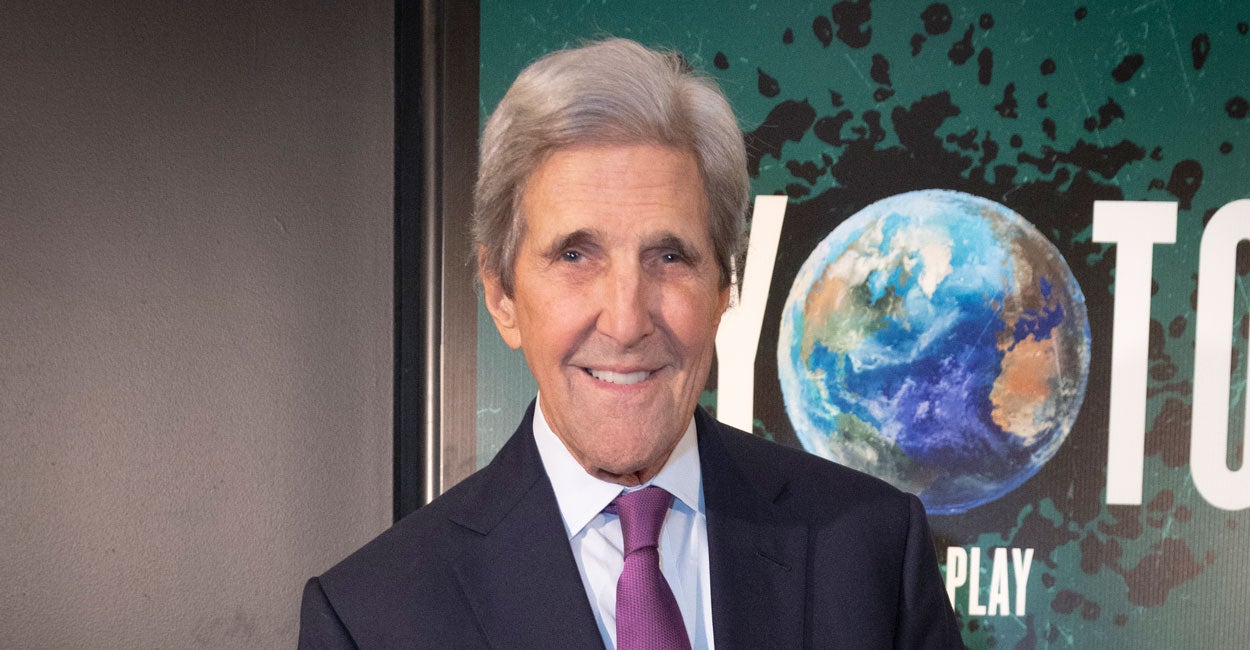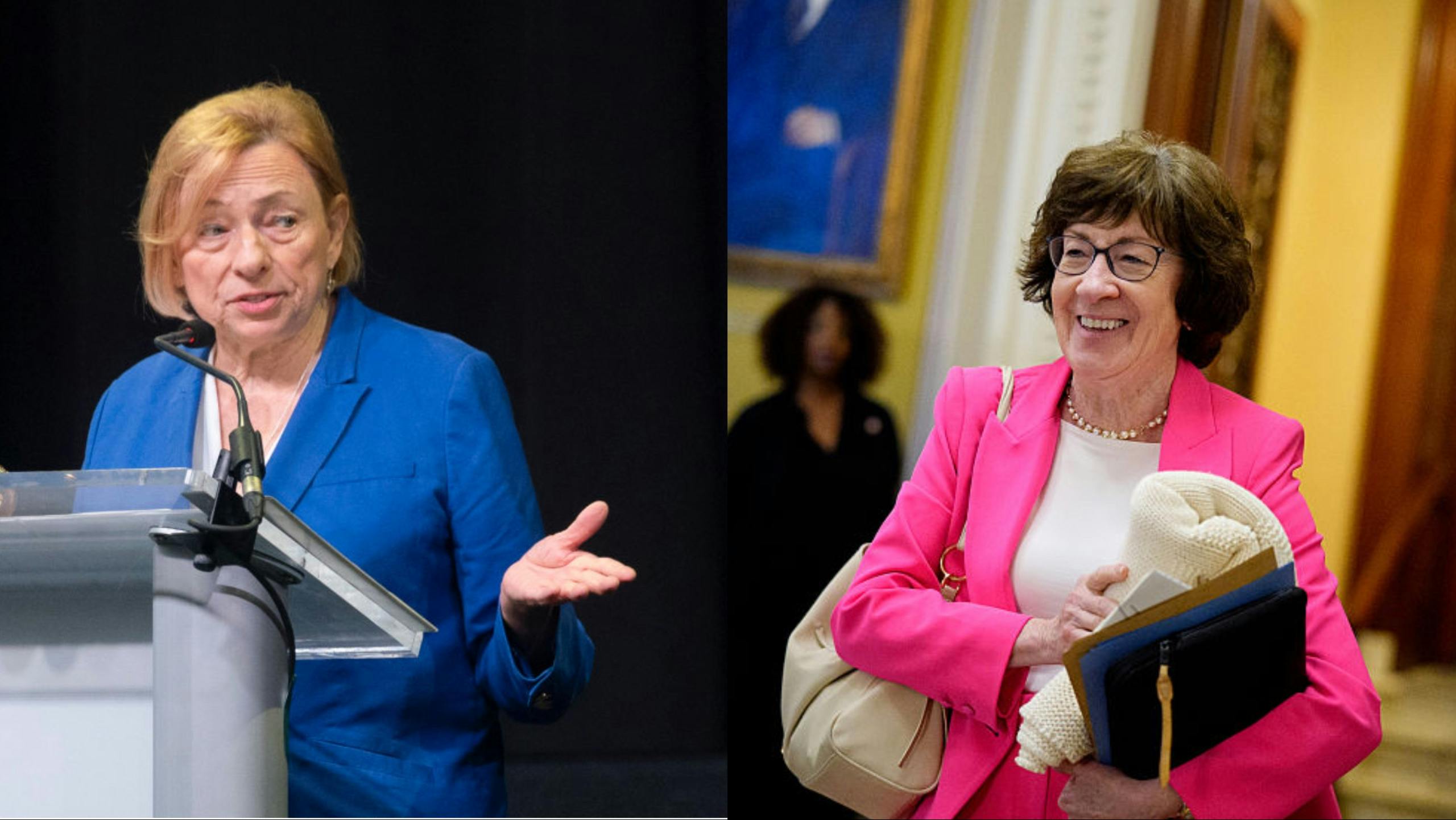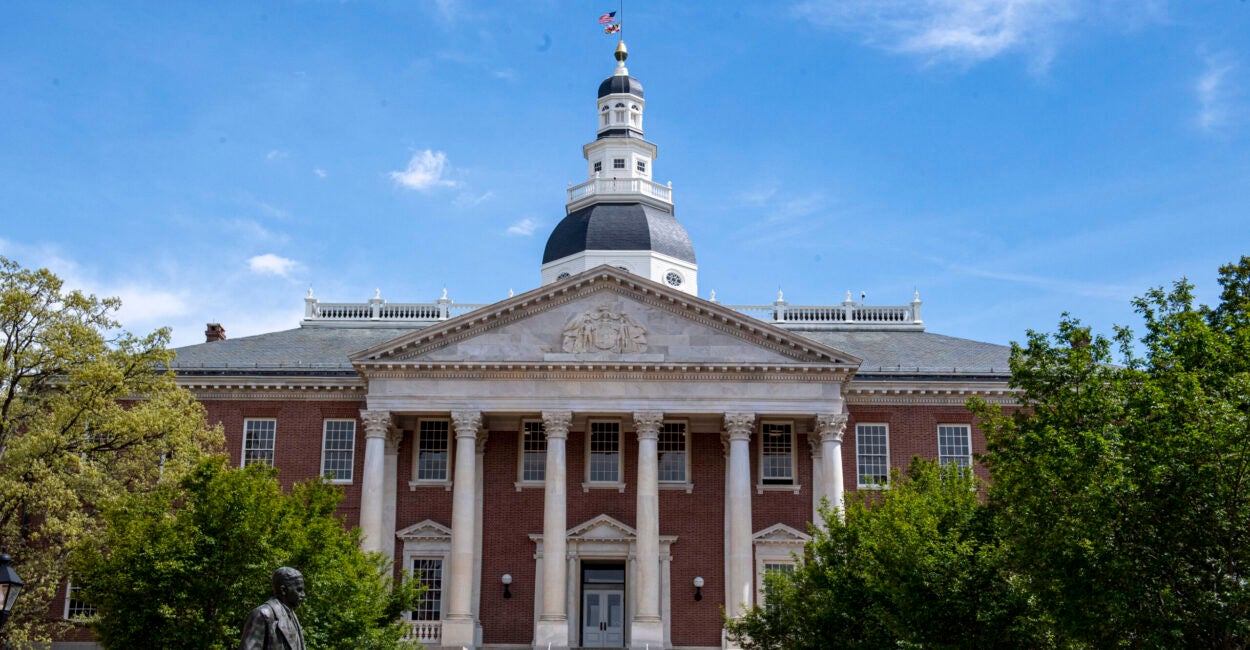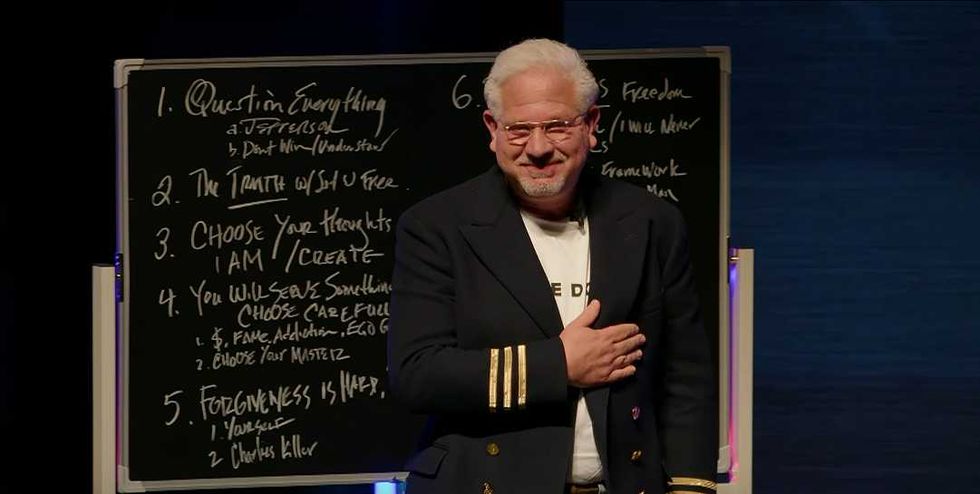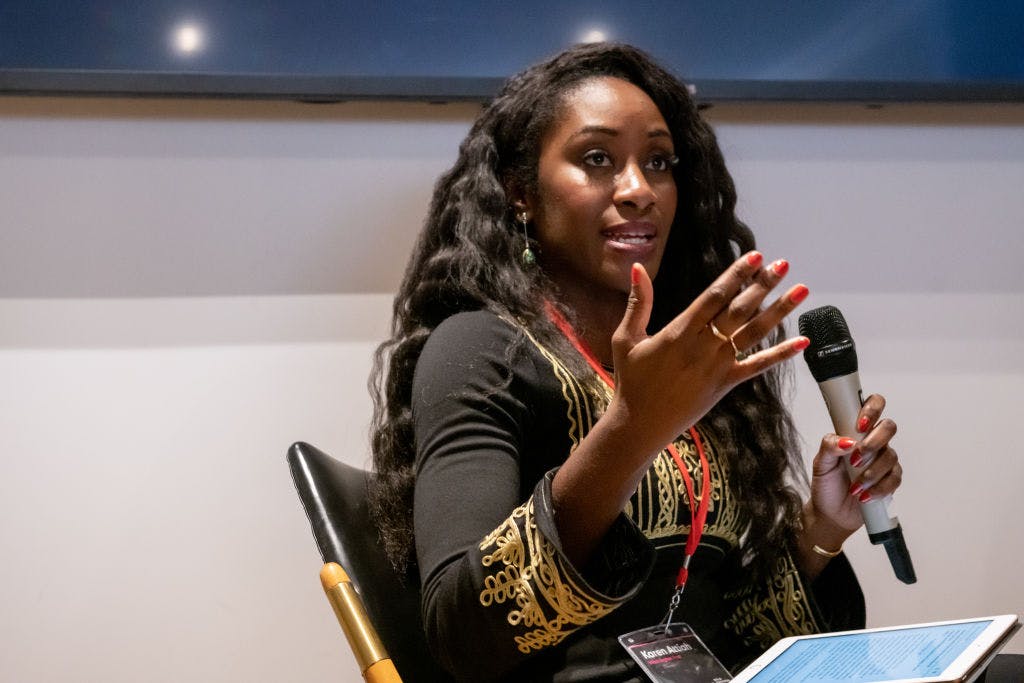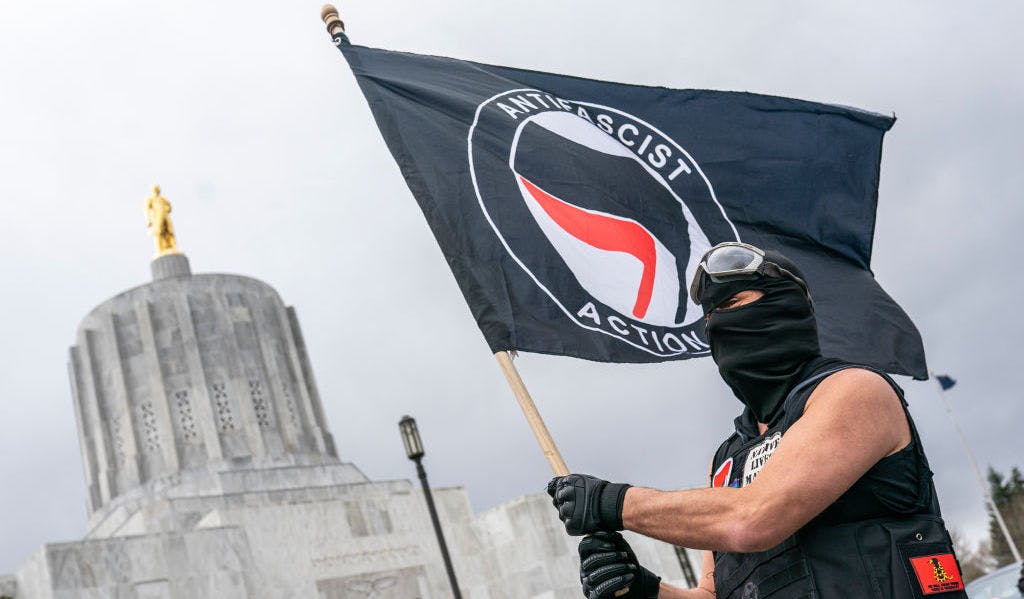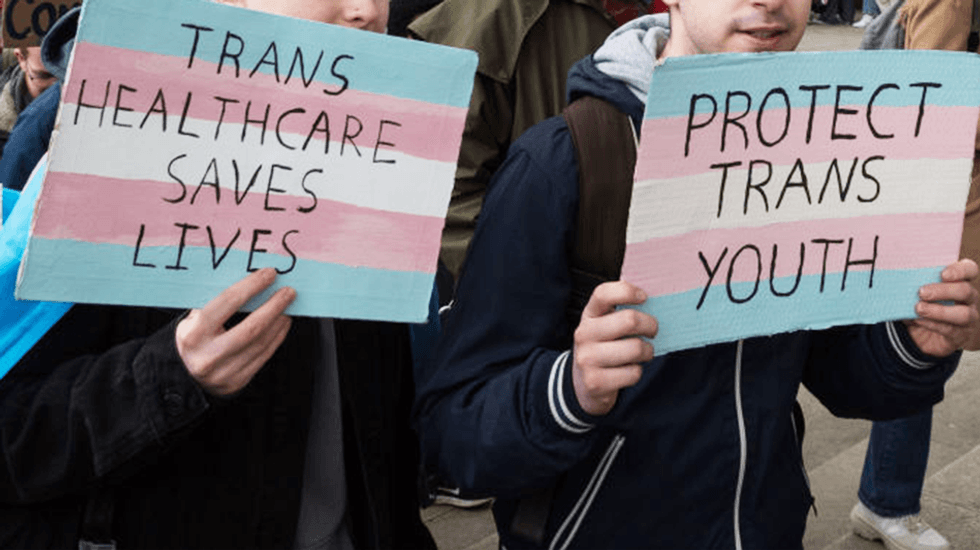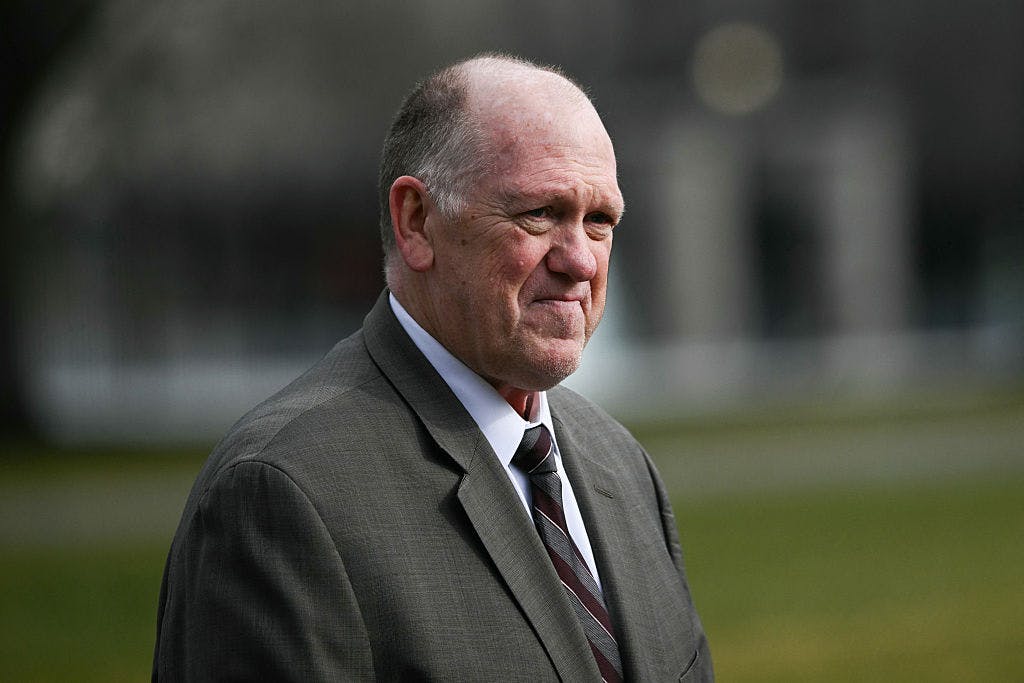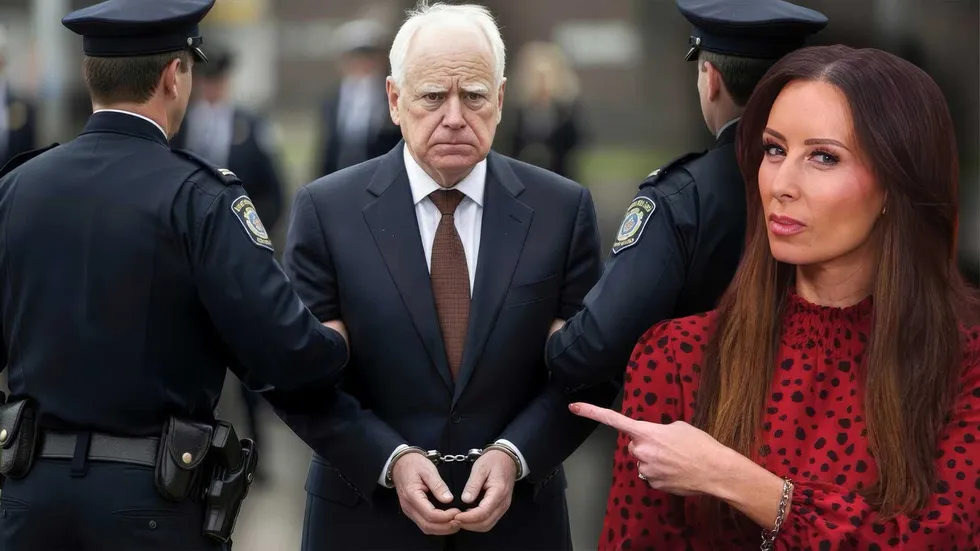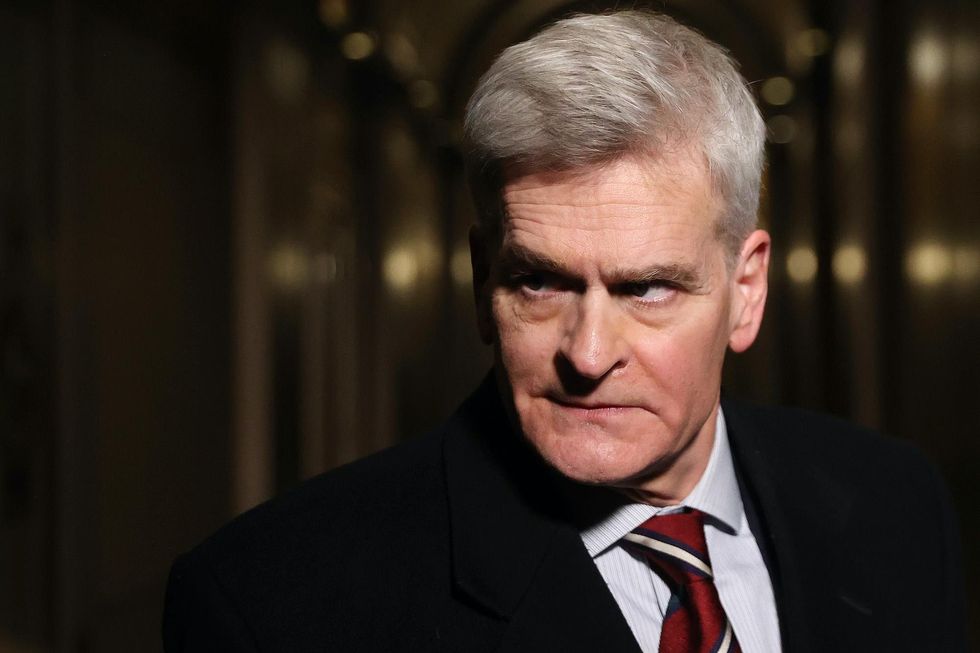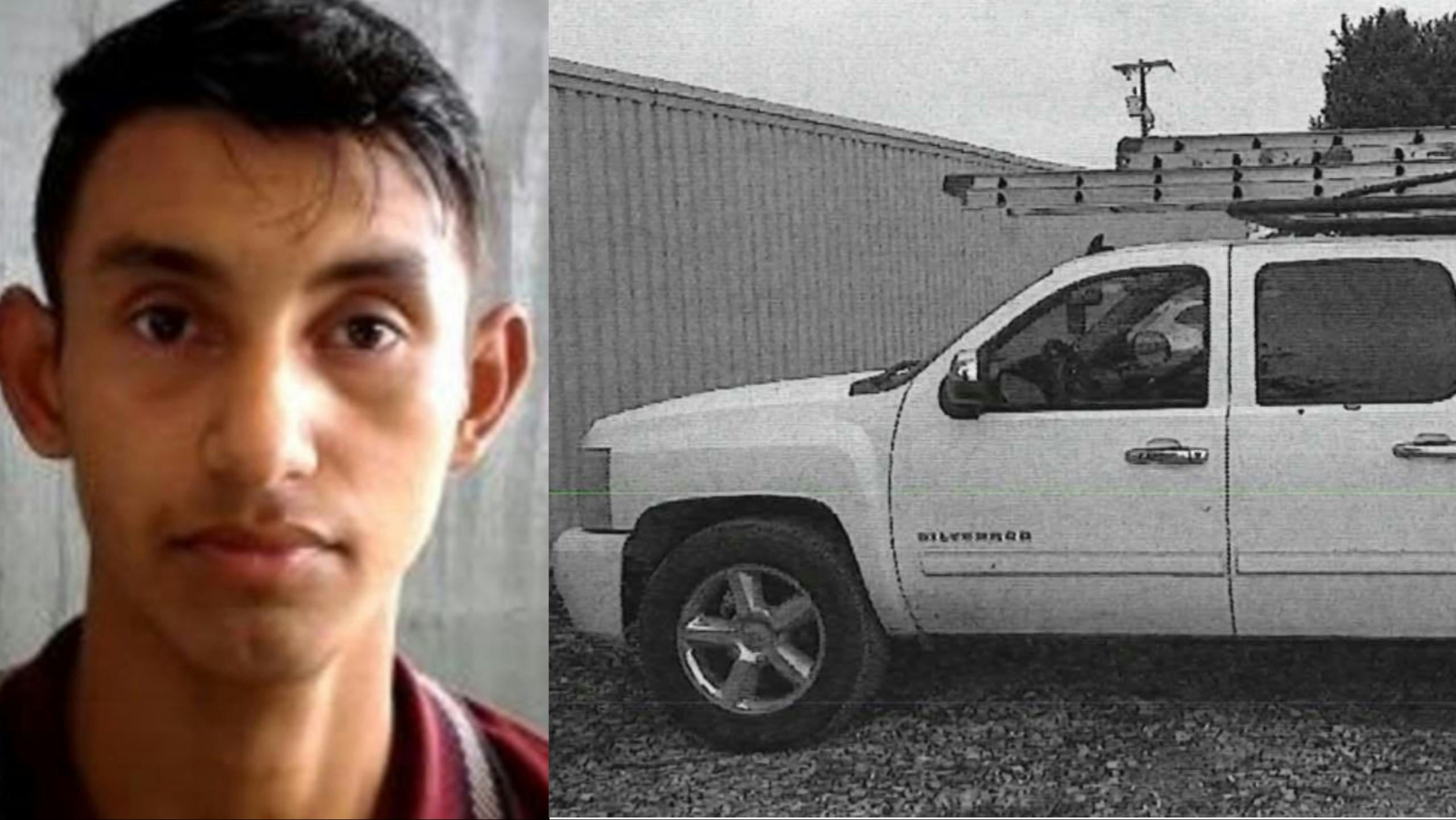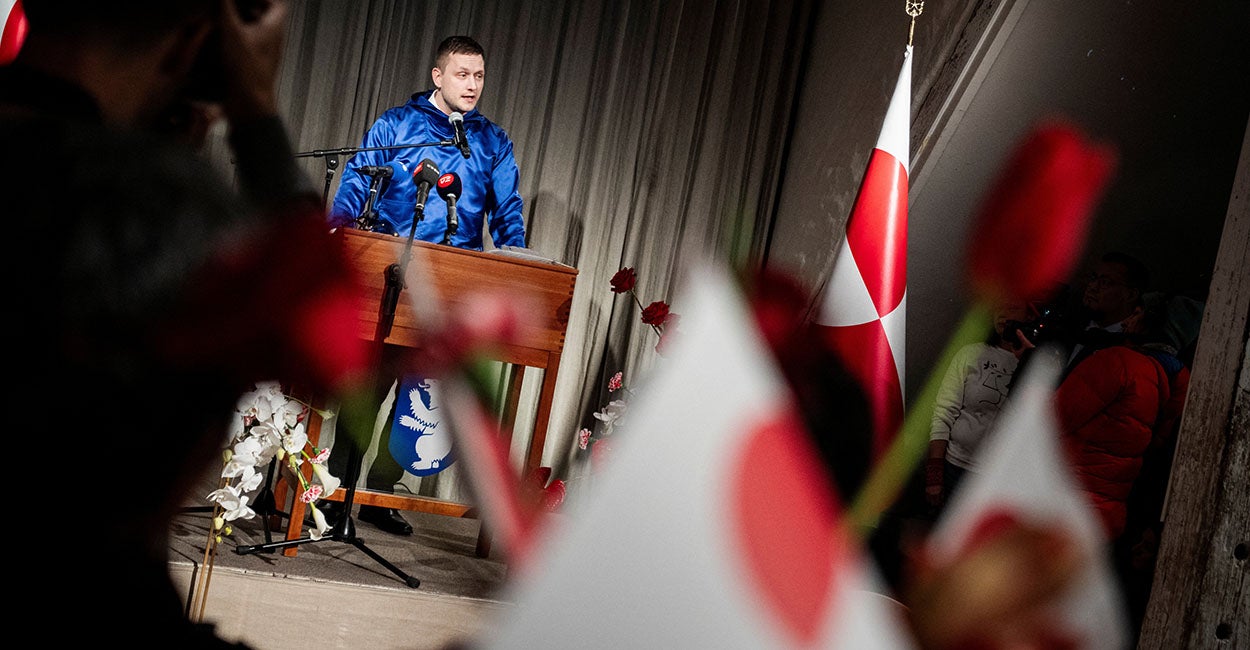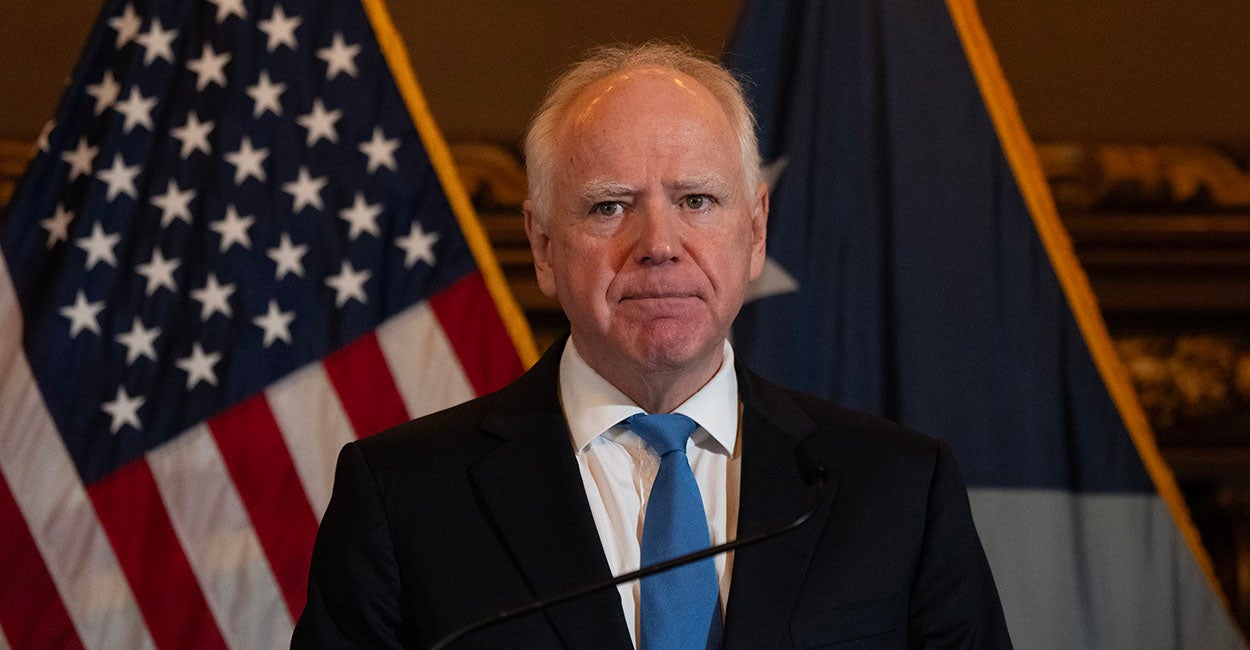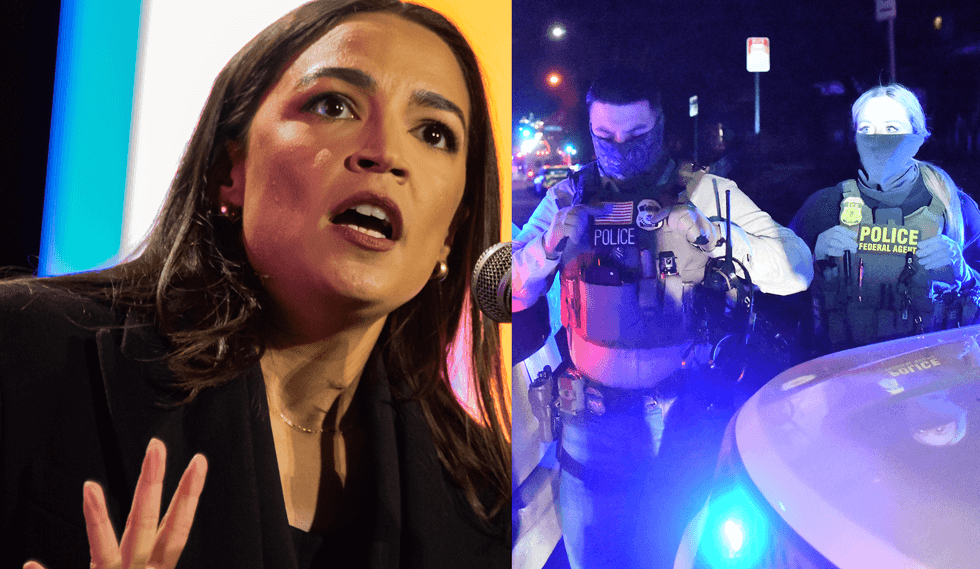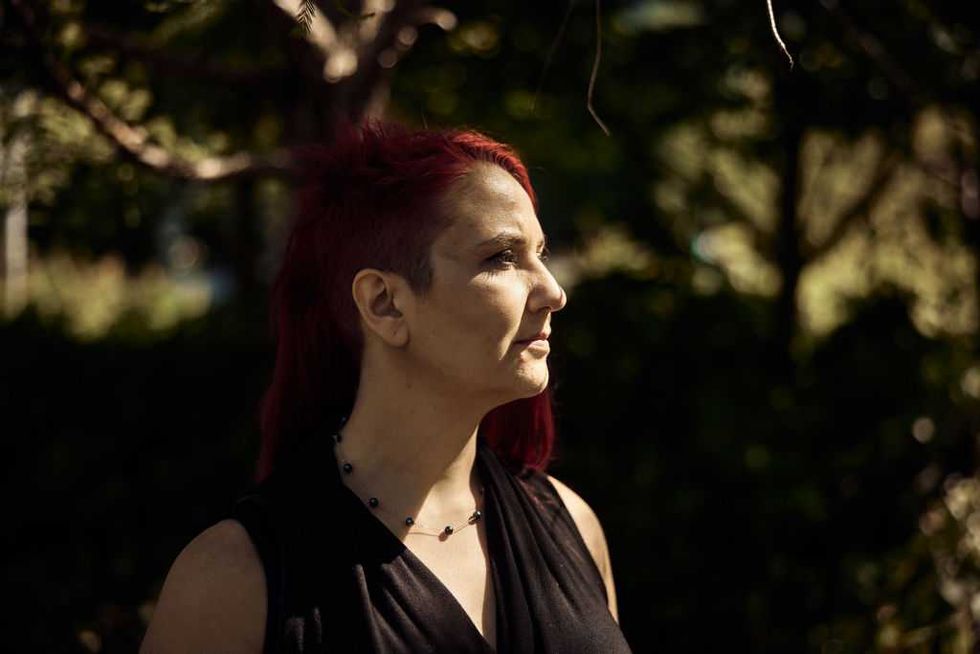Hiroshima: 80 Years On
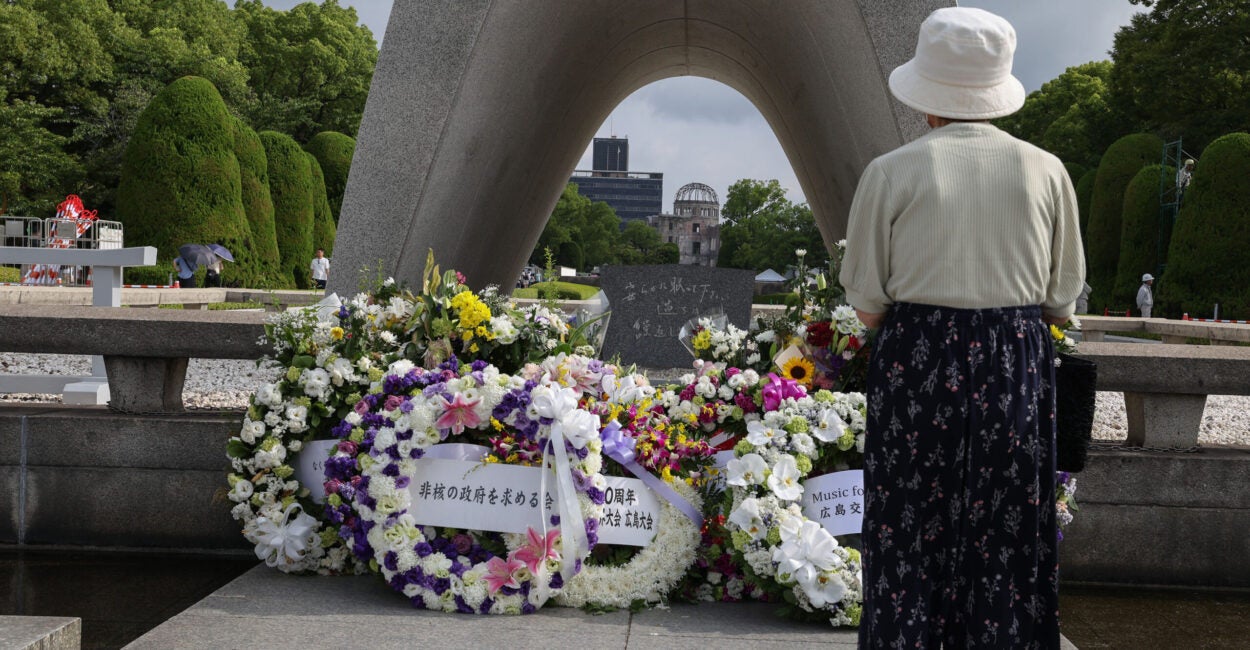
80 years ago, the world irrevocably changed with the bombing of Hiroshima.
Live Your Best Retirement
Fun • Funds • Fitness • Freedom
For most alive today, it’s hard to imagine a world before nuclear weapons. Their existence has always been part of reality. But as we remember the first use of atomic bombs in Hiroshima and Nagasaki, we should reflect on the world that emerged over the last 80 years—and the world moving forward.
On this 80th anniversary, we must remember the lives lost on Aug. 6 and Aug. 9. The Radiation Effects Research Foundation estimates that the Hiroshima bombing killed 90,000-166,000 people and the Nagasaki bombing killing 60,000-80,000 people—most of whom were civilians.
The atomic bombings unlocked a world with the potential for death and destruction unlike anything the world had yet seen. But those bombings were not without benefit. Their use ended the deadliest war in human history, removing the need for an allied invasion of Japan, which would have cost an estimated million U.S. casualties and 5-10 million Japanese civilian deaths.
Within days of the bombings, Japan’s Emperor Hirohito surrendered in a radio broadcast, citing the atomic weapons, and a new kind of world emerged—one in which countries pointed nuclear weapons at one another.
Once invented, the bomb could not be uninvented. At first, the superpowers, and then lesser powers, built nuclear arsenals in order to deter strategic attack. While there were moments of extreme tension, the world not only avoided nuclear cataclysm—it avoided a great power war on the scale of 1914 or 1939.
The nuclear threat—so prevalent in the modern age—largely, if messily and imperfectly, prevented a third cataclysmic world war.
The world hasn’t seen absolute peace in the last 80 years. Far from it. And many would argue that the lack of wars between industrialized great powers does not mean that war has been eradicated or that a nuclear war will never breakout. There continue to be localized conflicts in Latin America, Africa, and parts of Asia that kill thousands every year.
But that’s a far cry from the millions killed in the world wars—and nuclear weapons created enough stability to allow the world’s economies to mature and then take-off. As a consequence, the human race has moved up and forward. Overall poverty rates have considerably decreased. Overall standard of living has increased. Women have been able to enter the workforce in significant numbers. Child mortality rates have plummeted, and literacy rates have skyrocketed.
More important than material wealth and the mass alleviation of poverty in much of the world, the great powers learned to navigate crises once considered unimaginable. That wasn’t always perfect—it was often suboptimal—but nonetheless reflects an understanding of how to avoid fighting one another directly on an industrial-sized scale.
This isn’t to say that there are no more threats—indeed, this world security structure is fragile, and we must be prepared to navigate future crises.
But as we remember Hiroshima and Nagasaki in a somber anniversary, let us nevertheless give one cheer for nuclear weapons. They created the peace that has allowed the modern world—with all its advances in human prosperity—to emerge.
The post Hiroshima: 80 Years On appeared first on The Daily Signal.
Originally Published at Daily Wire, Daily Signal, or The Blaze
What's Your Reaction?
 Like
0
Like
0
 Dislike
0
Dislike
0
 Love
0
Love
0
 Funny
0
Funny
0
 Angry
0
Angry
0
 Sad
0
Sad
0
 Wow
0
Wow
0
